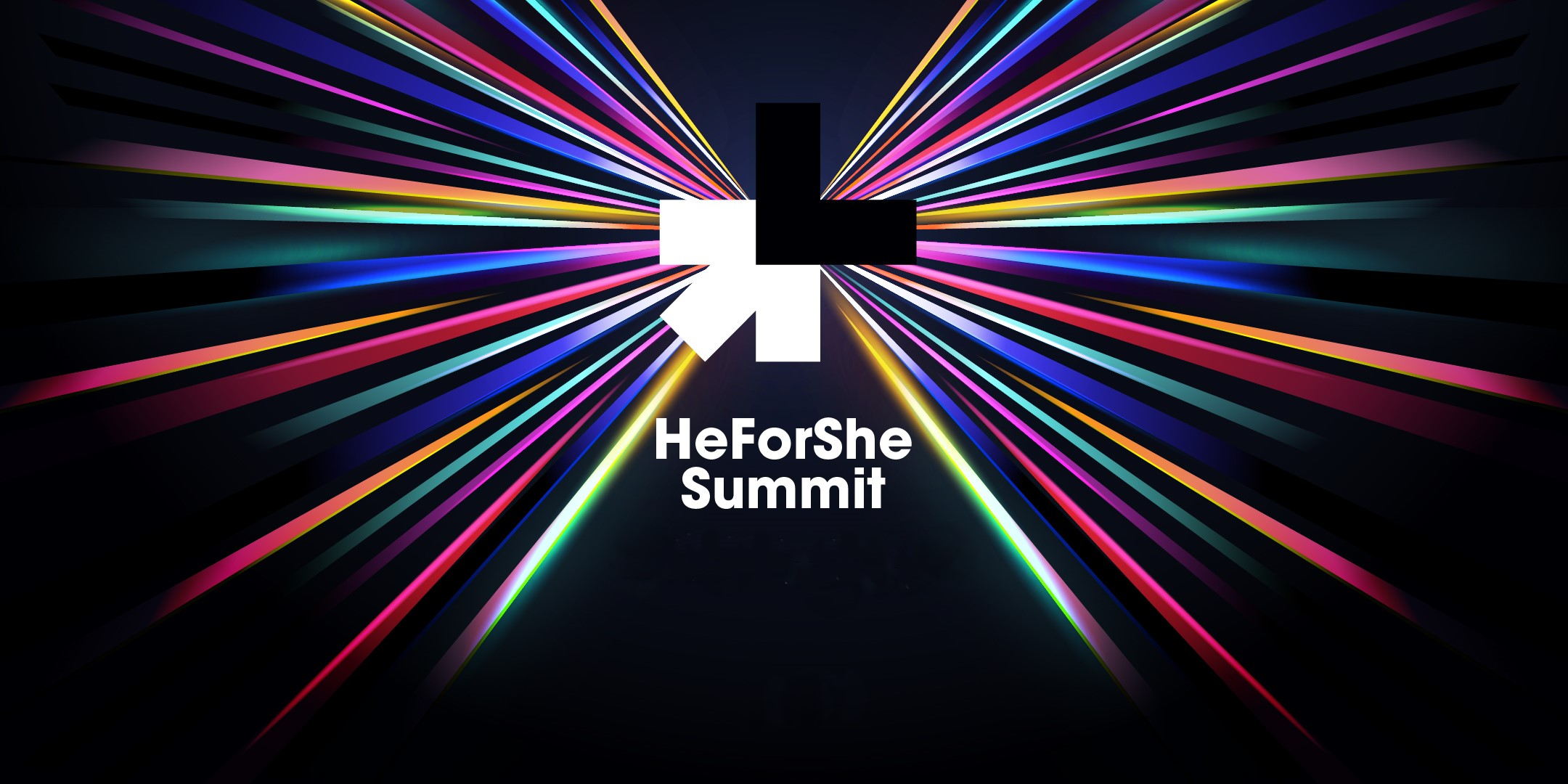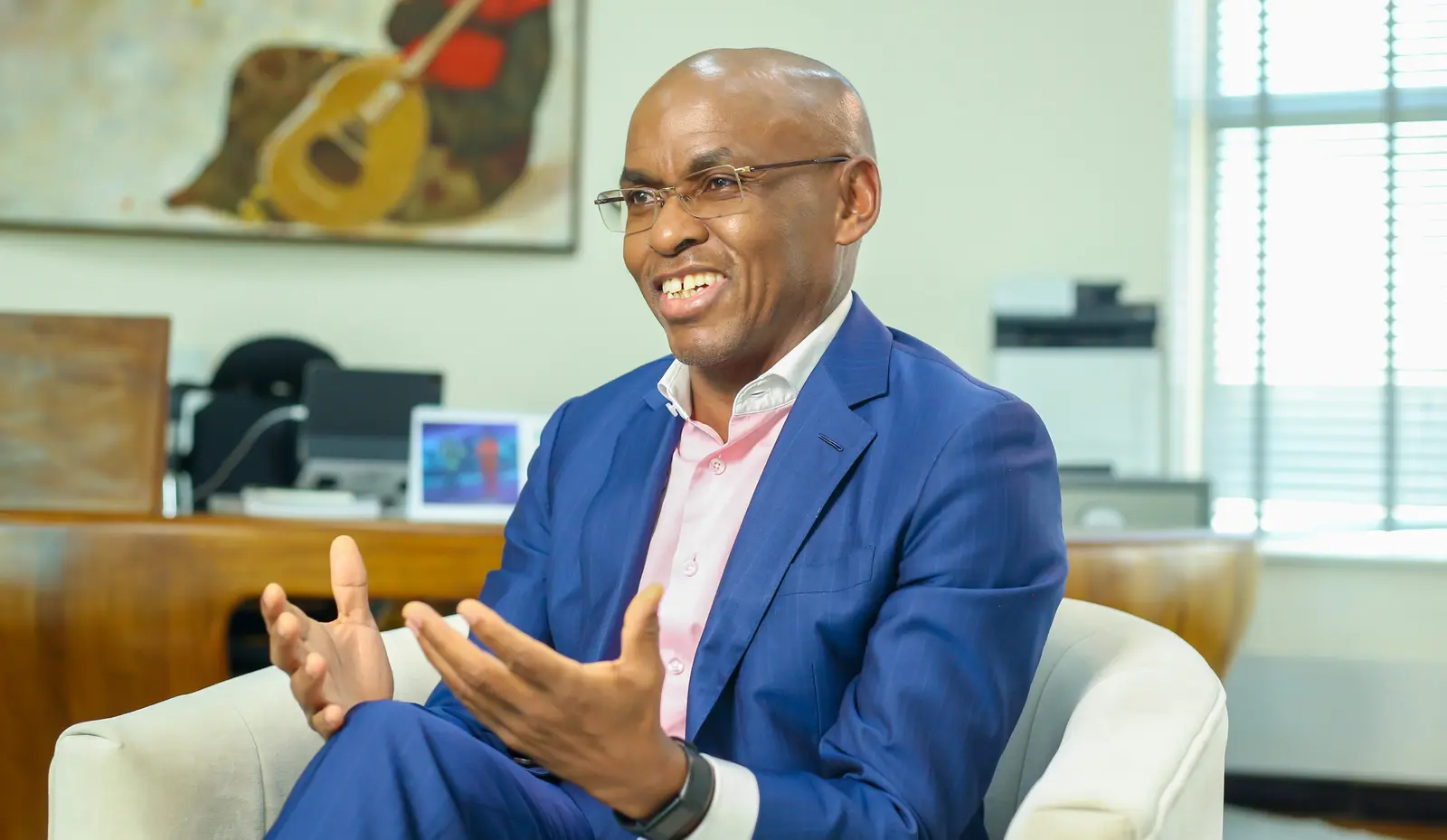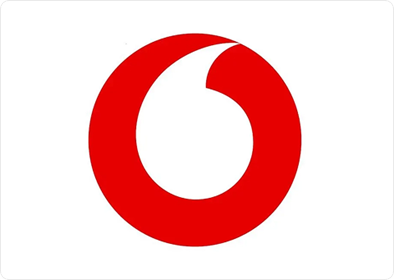Joakim Reiter, Vodafone Group’s Chief External and Corporate Affairs Officer, is a HeForShe Corporate Champion for Gender Equality, along with representatives from Heads of State and Government, Corporates and Non-Profits who together represent the HeForShe Alliance.
At the annual HeForShe Summit held in New York on 21 September 2023, Joakim spoke on a panel on ‘Disrupting Bias In Artificial Intelligence’ – exploring the rise of technology such as AI and its ramifications on gender equality:
I would like to start by giving a perspective on AI, of Vodafone’s own experience of delivering personalised pricing tariffs leveraging machine learning.
We started with an offer in 2014, called Just4You, in Vodacom, our South African business. It offers affordable, tailor-made bundles, created by machine learning to design bespoke deals for each customer.
Although there were clear benefits to customers – more affordable tariffs and more choice – it also came with risks. Was this process transparent? Have we removed any bias? And were we supporting vulnerable groups?
Today, Just4You is great value for 40 million customers in Africa, and it’s evolved to offer smart discounts on entertainment tickets, voice and data as well as giving tailor-made services like health down to the level of your town or area.
Over the years, it’s become massively successful amongst Vodacom customers and for people on very low incomes, it’s where they turn for the best value deals.
Let me be honest – we didn’t have all the answers at the start, and we didn’t understand the impact this would have on society.
So I would like to share three learnings from this – what we call the “ESGs” for Artificial Intelligence….
Firstly, the “E” of Explore and Experiment.
Our experience from Just4You formed the basis of how Vodafone is incorporating AI moving forward.
We were one of the first companies to create an ethical framework for AI, and we introduced it in 2019. It’s a ‘north star’ - everything we develop or launch involving AI in any form is created from the ground up to avoid bias and respect diversity.
Our AI framework that still exists today is consistent with new laws developing in Europe. We look at all the ethical considerations. It’s transparent and accountable. It’s fair and it respects user privacy.
It’s also not a paper tiger.
We now use it in all our processes, from network management to customer care across the business. And we assess our use of AI processes and monitor compliance, backed by education and training for our employees.
My second point is the “S” – Social Responsibility.
It’s one thing to create and launch technology, but you must anticipate how it will play out with the public and wider society.
As a telecoms company, creating Just4You was a wake-up call that moving forward, any product we create using an AI needs to factor in the societal impact.
As a telecoms company, this comes more naturally for us than others – through our networks and reach, we are a key player in democratising new technologies and have been doing so for many years with apps like M-Pesa.
We have learned that being systematic is necessary to address concerns, and this must be built into business processes. This is something that everyone needs to do with AI.
Going forward, a standards-based solution might be the best solution. Telecoms is founded on common, global standards, so we know this works well for technology that is used everywhere.
Then there is the “G” of “ESG” – the Guardrails and Governance.
We need to have an open conversation about AI.
Even compared to search engines and social media, the growth of AI has been explosive.
ChatGPT went from launch to 100 million users in just two months. That’s faster adoption than any technology in living memory.
Disruption isn’t bad and it often leads to big advances for society, but it does require guardrails to ensure it can evolve responsibly. It’s right for governments to be thinking about this right now for two reasons:
First, the disruption will be huge and naturally people are already worried about their jobs and what this could mean for society. AI could be worth $10-15 trillion to the global economy by 2030, but some of that will displace existing sectors and roles.
It’s really important for governments to help people through these changes. In particular, they must support people most at risk of economic displacement - women, and people of colour.
Second, whilst technology like AI is hugely empowering, it can also amplify the worst of society. I think that politicians have this time learned from the mistakes they made with social media, and they understand that regulation is needed to avoid bias, disinformation, cyberthreats, and criminal activity.
If we do this from the start, and do this well, I’m optimistic we can avoid the potentially negative impacts of AI - and capture the value of AI innovation for everyone in society.

























